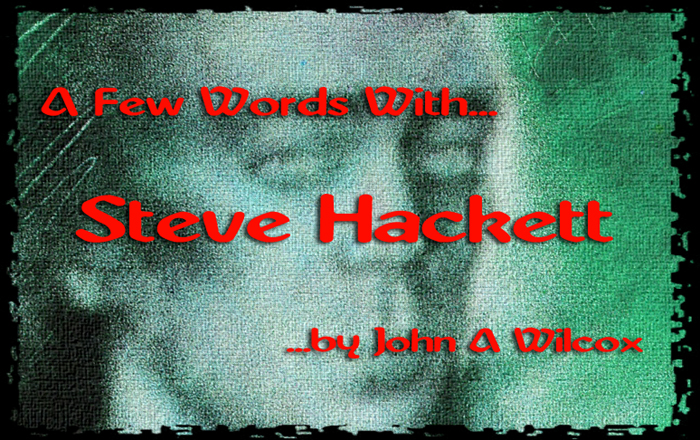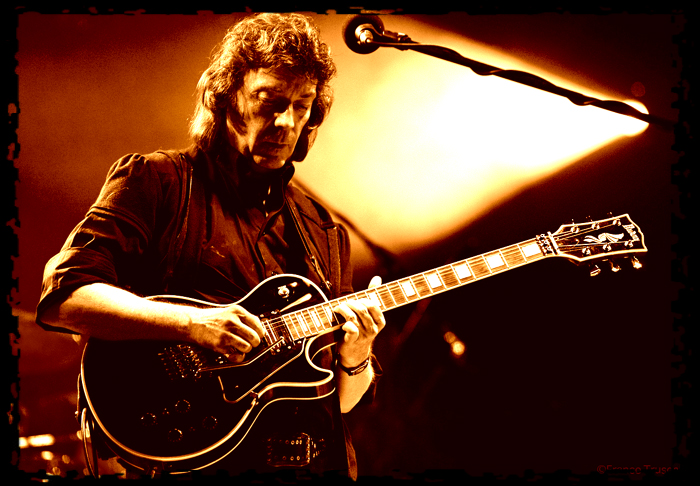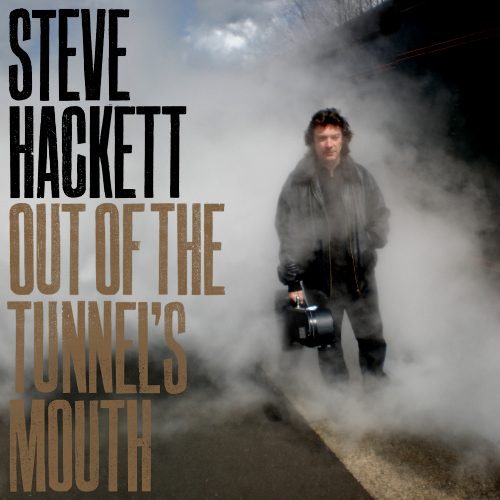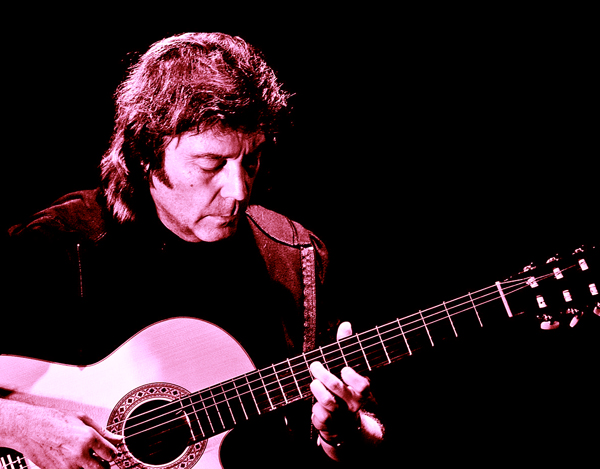

From Genesis to GTR to a large solo catalogue embracing a myriad of styles, Steve Hackett is always inventive, always moving forward. The hall of fame guitarist's latest is Out Of The Tunnel's Mouth and it's no exception. Rock meets world meets Middle Eastern motifs. A satisfyingly exotic album. Progsheet snuck a few moments out of Hackett and here are the results...


